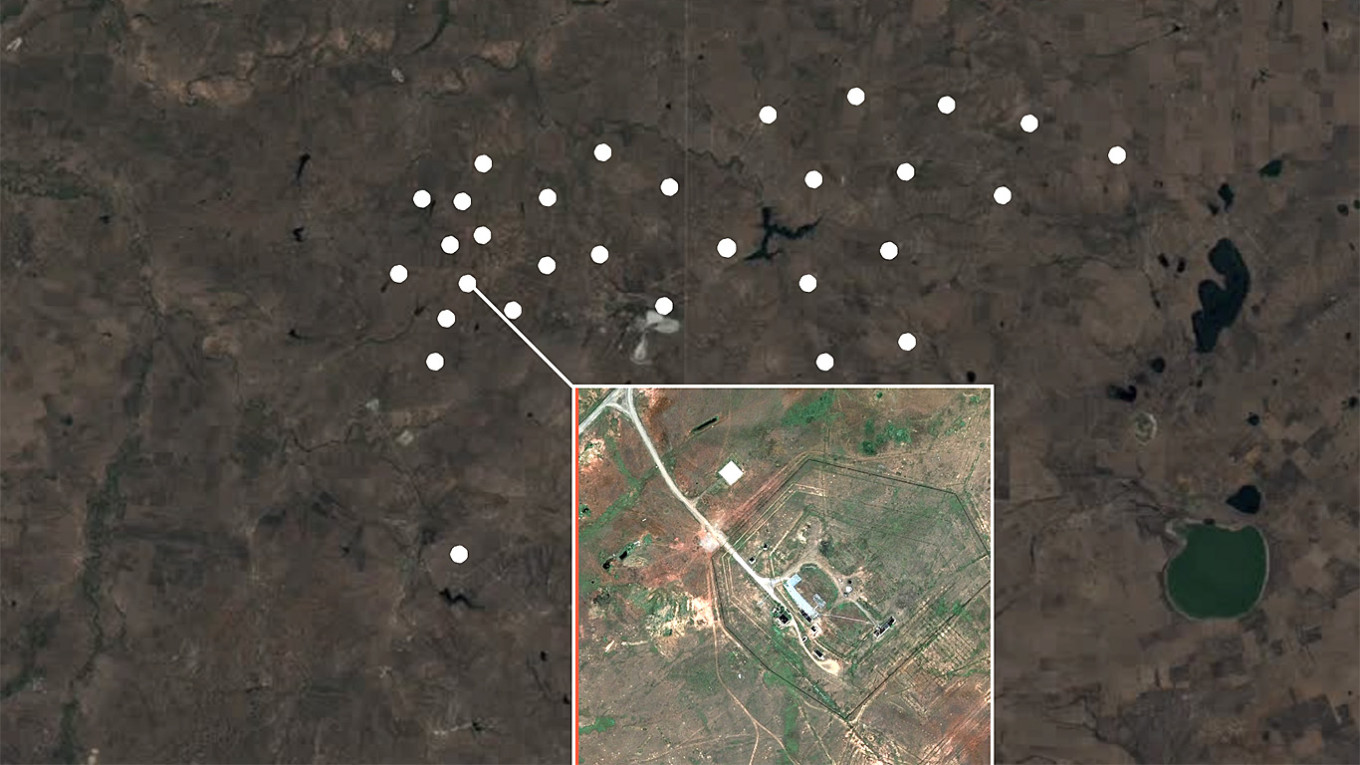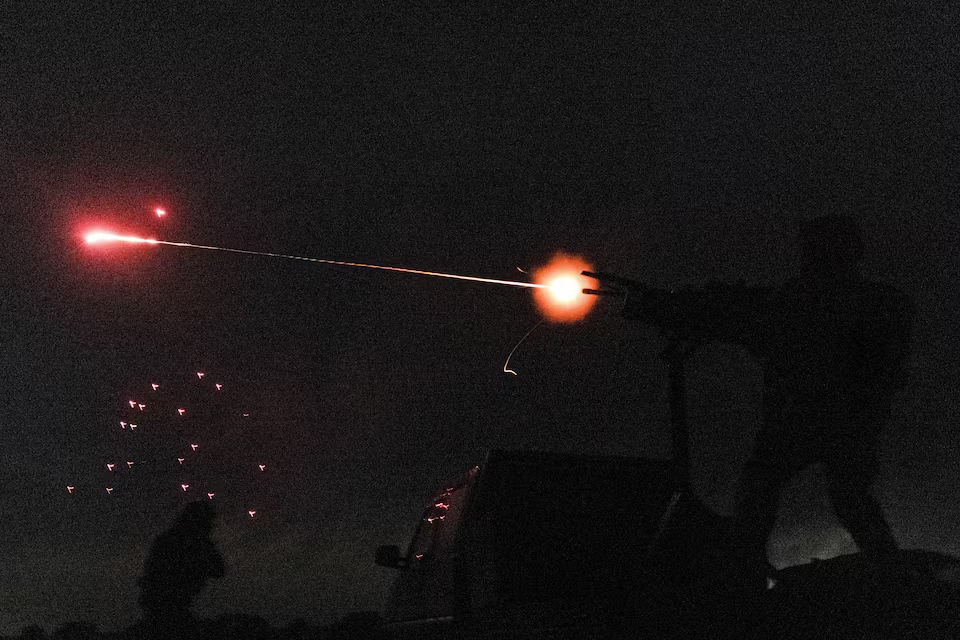A confidential trove of documents has been leaked from Russia’s state nuclear agency, revealing in unprecedented detail the Kremlin’s extensive nuclear weapons modernization plans, according to an explosive report by German news outlet Der Spiegel published on Wednesday.
The documents, reportedly obtained in what German officials are calling a “catastrophic security breach,” outline Russia’s ambitious efforts to revamp its nuclear arsenal, including strategic weapons development, infrastructure upgrades, and tactical deployment strategies. The leak has already drawn concern from Western intelligence agencies, which view the disclosure as both a major intelligence coup and a stark signal of Moscow’s accelerating military posture.
According to Der Spiegel, the files originate from Rosatom, Russia’s state nuclear corporation, and span over a decade of internal communications, engineering plans, and high-level military correspondence. Analysts say the material offers the most comprehensive look yet into Russia’s post-Soviet nuclear doctrine, which President Vladimir Putin has increasingly emphasized in recent years amid heightened tensions with NATO and the United States.
Among the most alarming revelations in the leaked documents is Russia’s planned deployment of tactical nuclear weapons in regions bordering NATO countries, including Kaliningrad and Crimea. The files also describe advanced efforts to miniaturize nuclear warheads and retrofit older delivery systems with precision capabilities—moves that would significantly enhance the Kremlin’s nuclear versatility on the battlefield.
In addition, the documents outline plans to modernize Soviet-era nuclear bunkers, develop new hypersonic missile platforms, and install updated nuclear command-and-control systems. The modernization project, reportedly budgeted at billions of dollars annually, reflects a substantial reallocation of resources toward strengthening Russia’s nuclear deterrent.
Western officials speaking on condition of anonymity told Der Spiegel that the leak represents an “unprecedented intelligence breakthrough,” offering insights into Moscow’s nuclear posture that were previously based only on satellite imagery, speculation, and limited human intelligence. NATO officials are now reassessing their strategic calculus in light of the findings.
“This breach has provided a rare window into the full scale and ambition of Russia’s nuclear trajectory,” a senior NATO defense analyst told the publication. “It confirms what we feared—that the Kremlin is actively preparing for scenarios where nuclear weapons play a much more prominent role.”
The Russian government has not officially commented on the leak, but sources within the Kremlin reportedly view the breach as a severe internal failure, prompting a flurry of internal investigations and arrests. According to Der Spiegel, several Rosatom employees have already been detained by Russian security services under suspicion of espionage and unauthorized dissemination of classified material.
The fallout from the revelations is likely to reverberate far beyond Russia. U.S. officials have called emergency intelligence briefings, while European defense ministers are expected to convene to discuss regional security implications. There are also renewed concerns that Russia could further escalate its nuclear rhetoric as pressure mounts domestically over the war in Ukraine and deteriorating relations with the West.
The leak comes at a time when global arms control regimes are under severe strain. The New START treaty, the last major nuclear arms limitation agreement between the U.S. and Russia, is set to expire in 2026, with no negotiations currently underway to replace it. Analysts warn that the absence of mutual verification mechanisms could worsen mistrust and accelerate arms racing.
Nuclear policy experts are urging international leaders to treat the leak as a wake-up call. “This should spur immediate dialogue among nuclear powers,” said Hans Kristensen, director of the Nuclear Information Project at the Federation of American Scientists. “It’s imperative we prevent these weapons from becoming a normalized element of conventional warfare planning.”
Der Spiegel did not disclose how it obtained the files but confirmed they had been independently verified by cybersecurity and nuclear experts in Germany. The publication noted that the trove is too vast to publish in full but intends to release select, redacted excerpts in future reporting.
For now, the leak has revealed what many in the West have long suspected: Russia’s nuclear ambitions are not just rhetorical—they are institutional, strategic, and accelerating.
Source: The Moscow Times



